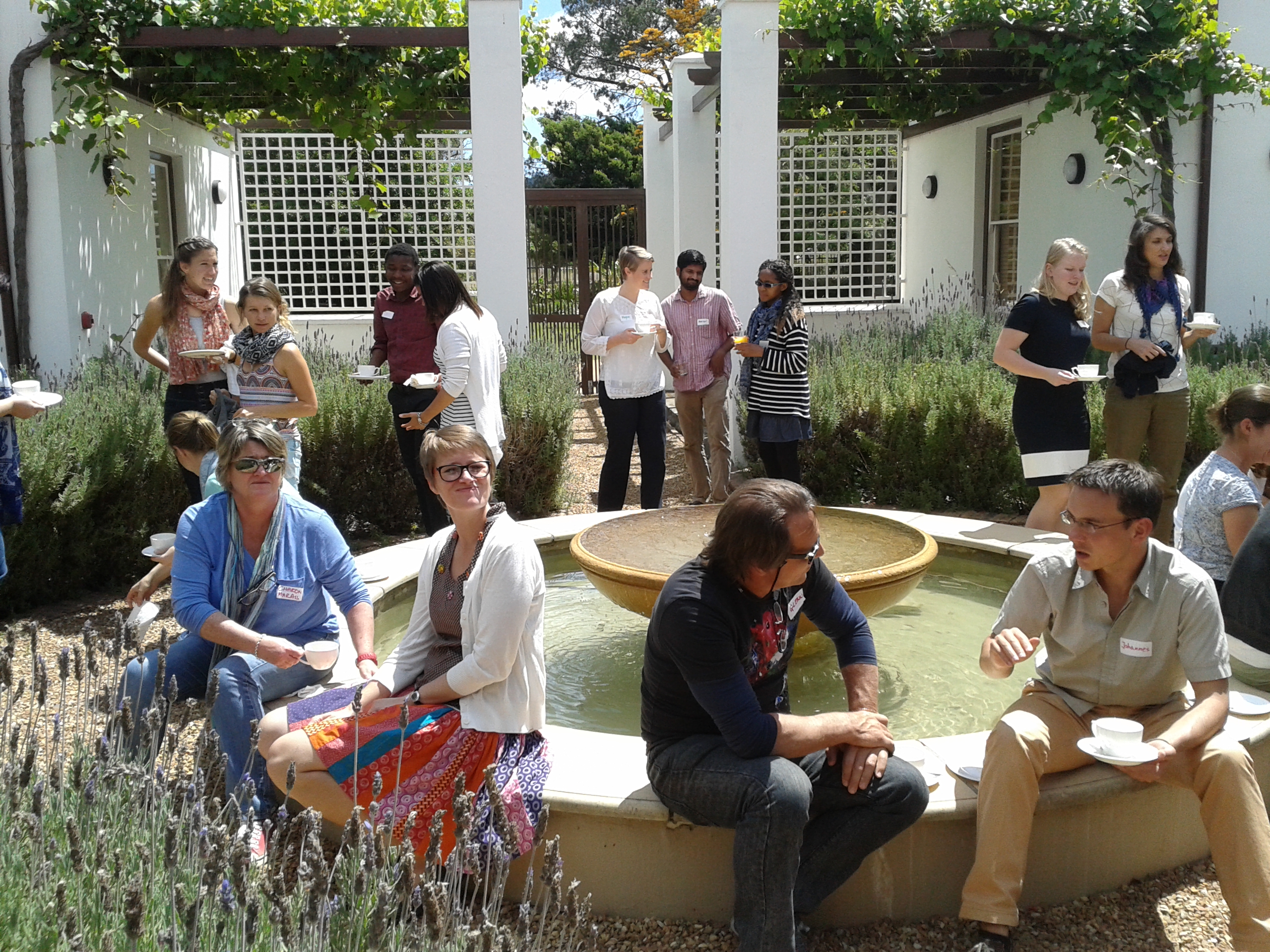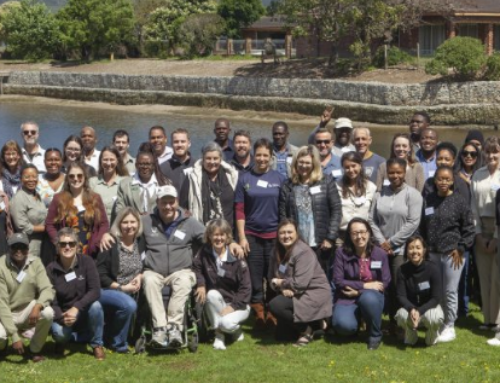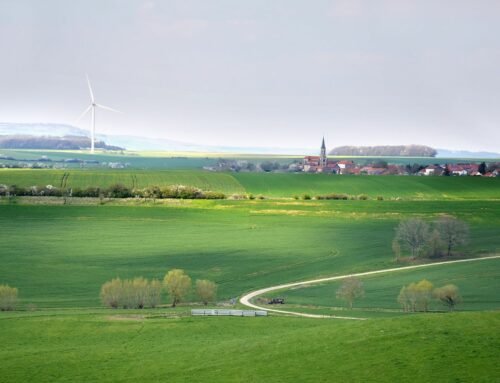– by Odirilwe Selomane
Just before the first ever Programme on Ecosystem Change and Society (PECS) conference this past November in Stellenbosch, SAPECS organised a pre-conference learning event for early career social-ecological systems researchers at STIAS; coordinated and facilitated by Christo Fabricius from Nelson Mandela Metropolitan University (NMMU). The topic of the event was “Participatory Action Research in Social-Ecological Systems”, and the focus was particularly on discussing the principles and practice of doing this research.
The format for the day was three 15 minute food-for-thought presentations, each followed by an hour of dialogues and discussions in break-out groups, with a role-playing game between the morning and afternoon sessions. First Maria Tengö, who works at the Stockholm Resilience Centre, presented on the importance and usefulness of multiple evidence and the role of these evidences in participatory action research. This was followed by Dirk Roux from South African National Parks presenting and stressing the need to create space that enables authentic engagement, so called ‘third spaces’. Franck de Saint Simon was invited as a practitioner to share his experiences and insights on engagement; he told stories about engagement processes for various projects in West Africa and stressed the importance of first understanding the context in which you are working.
The role playing game simulated a public participation meeting in a remote rural area, with ‘researchers’, ‘consultants’, ‘officials’, ‘a politician’ and ‘rural communities’ discussing the pros and cons of building a large dam. Role players came to realize that ‘the community’ consists of diverse interest groups and that there are no simple solutions to society’s challenges. The discussions, which were loosely based on the ‘Knowledge Café’ approach, revolved around the challenges facing early career researchers related to time management, ethics, expectations created in the engagement process, stakeholder fatigue and the role of feedback to participants to build trust and credibility in research projects. Feedback and active listening motivated participants to respond truthfully without merely giving the ‘right’ answers that researchers want to hear.
The group discussed changes needed in our attitudes and approaches in order to improve outcomes of participatory research, and made practical suggestions such as funder flexibility, embedding students within long term process-based projects, the value of pilot studies to determine mutual interest between researchers and society, and clarity and honesty about intent. The event created space for lively discussions and possibilities to link up with other existing initiatives. The feedback received from participants was extremely positive, with many commenting on the value of pre-conference get-togethers to form new and lasting connections.
For some reflections on the event, check out this blog post by one of the participating PhD students from the Stockholm Resilience Centre, My Sellberg, or watch this YouTube video featuring Prof Karen Esler from Stellenbosch University and PhD student Jessica Cockburn from Rhodes University discussing the tensions of engaging in a meaningful way with stakeholders while also producing high-quality scientific papers.
The organising committee was made up of Christo Fabricius, Karen Esler, Linda Luvuno, Odirilwe Selomane, Vanessa Masterson, and Lisa Heider. The event was partly funded by SwedBio. We thank everyone for their support in making this another successful SAPECS learning event and look forward to more fun learning activities in the future!













